Best Obesity Or Bariatric Surgery Hospitals

Medanta Hospital Gurgaon
Gurgaon, IndiaMulti-Specialty Hospital
CH Baktawar Singh Road
8743 KM's away
Specialities
44Doctors
128Beds
1250





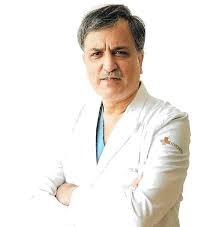

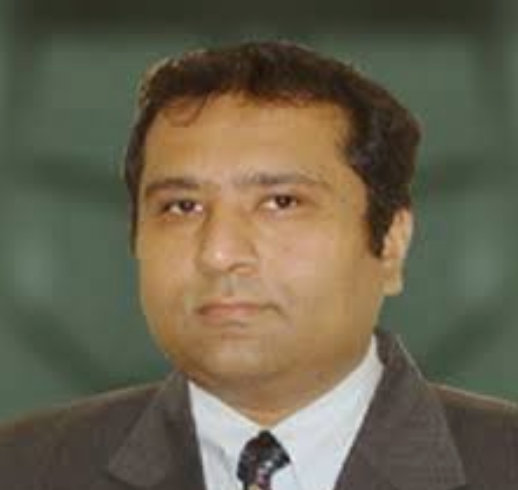


Apollo Hospitals, Greams Road
Chennai, IndiaMulti-Specialty Hospital
21/22 Greams Lane, Thousand Lights, Off Greams Road
8952 KM's away
Specialities
45Doctors
246Beds
560







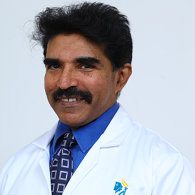


Apollo Hospital Delhi
Delhi, IndiaMulti-Specialty Hospital
Mathura Rd, Sarita Vihar, New Delhi, Delhi 110076
8768 KM's away
Specialities
48Doctors
237Beds
1000
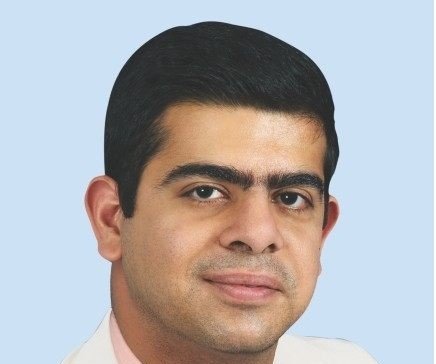

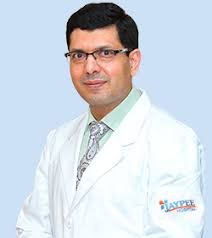
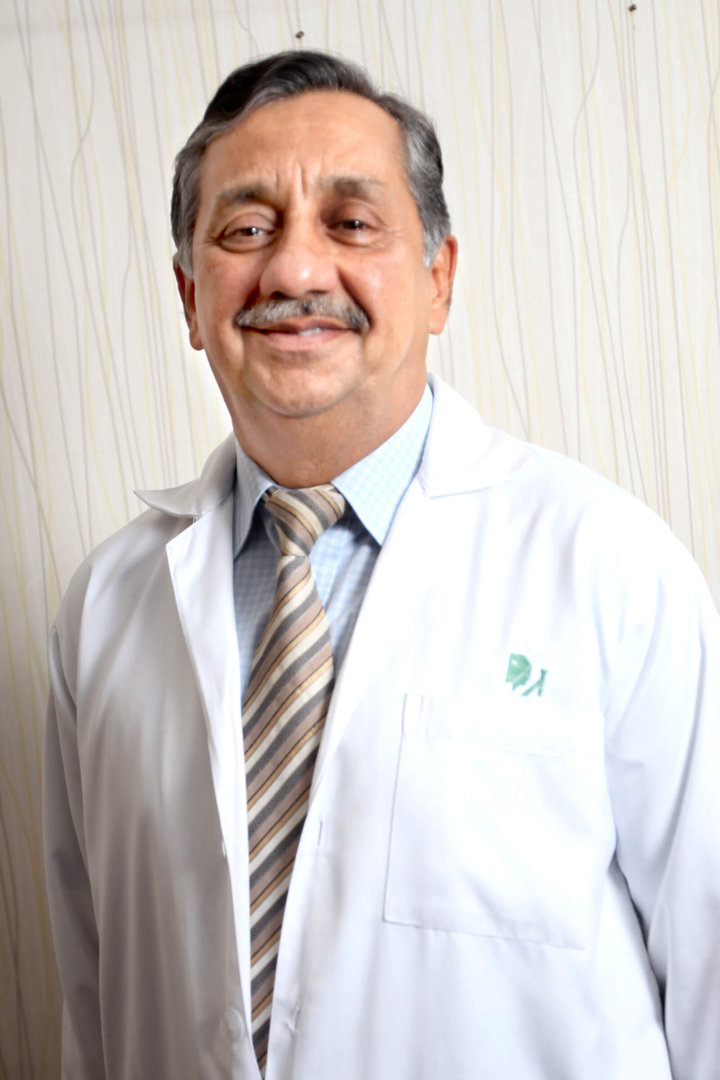
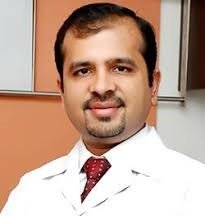





Kokilaben Dhirubhai Ambani Hospital
Mumbai, IndiaMulti-Specialty Hospital
Rao Saheb, Achutrao Patwardhan Marg, Four Bungalows, Lokhandwala Complex Road
8206 KM's away
Specialities
36Doctors
64Beds
750










Fortis Memorial Research Institute
Gurgaon, IndiaMulti-Specialty Hospital
Sector 44, Gurugram
8746 KM's away
Specialities
47Doctors
76Beds
1000





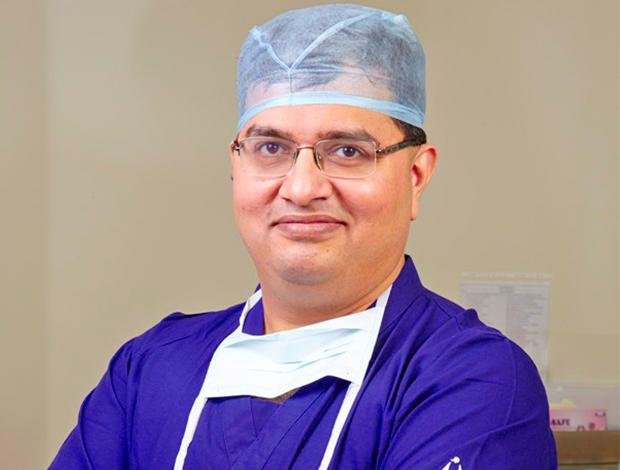

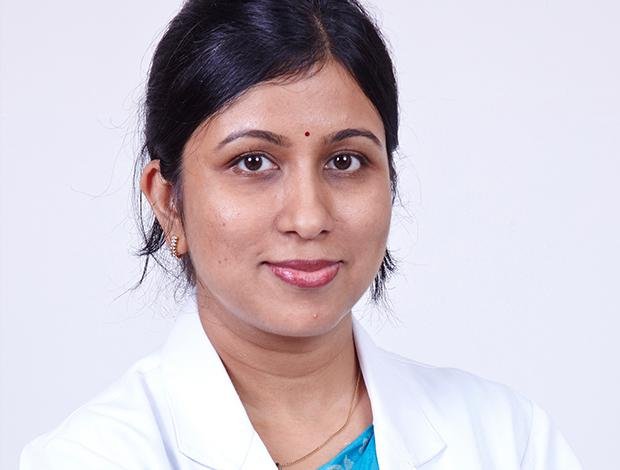


Blk Hospital Delhi
Delhi, IndiaMulti-Specialty Hospital
Pusa Rd, Radha Soami Satsang, Rajendra Place, New Delhi, Delhi 110005
8759 KM's away
Specialities
43Doctors
148Beds
650



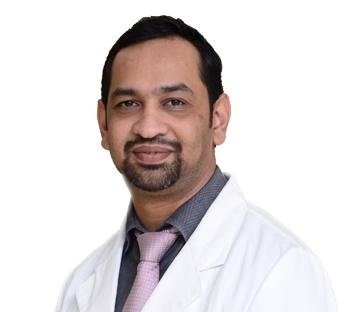

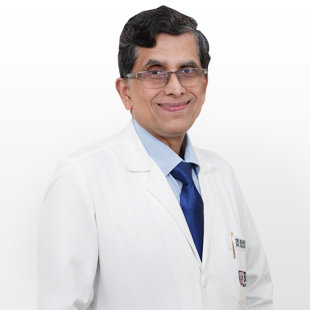
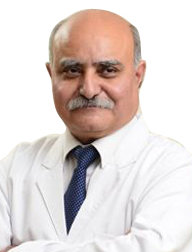





Artemis Hospital
Gurgaon, IndiaMulti-Specialty Hospital
Near Unitech Cyber park, Sector 51
8745 KM's away
Specialities
40Doctors
99Beds
400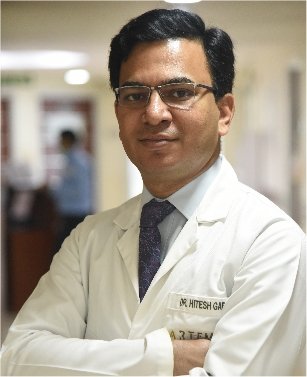

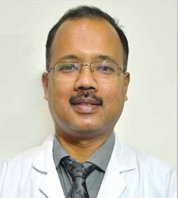








Gleneagles Global Health City
Chennai, IndiaMulti-Specialty Hospital
439, Cheran Nagar, Sholinganallur, Medavakkam
8946 KM's away
Specialities
40Doctors
42Beds
1000





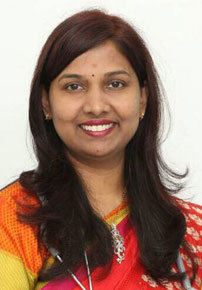




Apollo Gleneagles Hospitals
Kolkata, IndiaMulti-Specialty Hospital
58, Canal Circular Road, On E.M. Bypass Road
9843 KM's away
Specialities
34Doctors
122Beds
510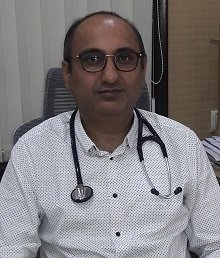




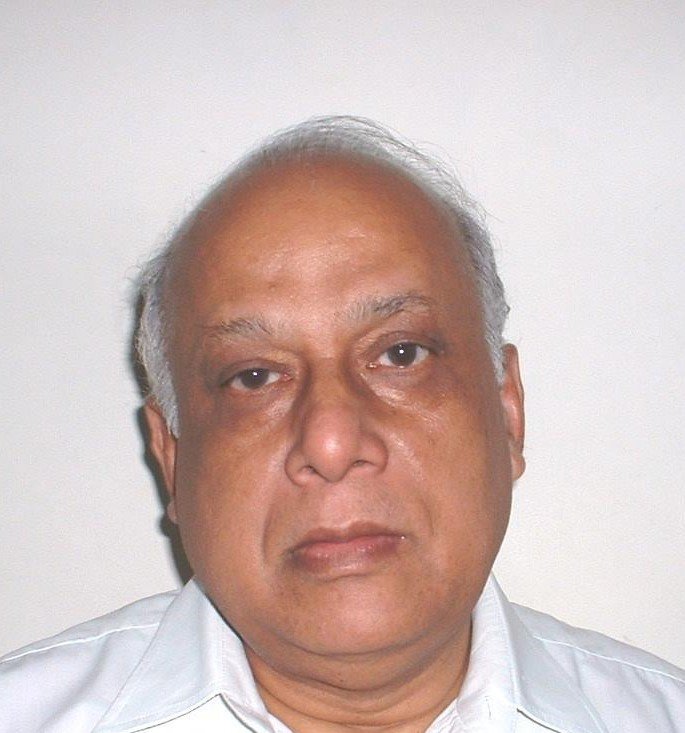





Thombare Hospital
Navi Mumbai, IndiaMulti-Specialty Hospital
Khanda Colony
8235 KM's away
Specialities
12Doctors
1Beds
15
Top 10 Obesity Or Bariatric Surgery Hospitals In India
| Hospital | Rating | Doctors | Location |
|---|---|---|---|
| Medanta Hospital Gurgaon | ---- | 128128 | Gurgaon Sector 38, Gurgaon |
| Apollo Hospitals, Greams Road | 5 | 246246 | Greams Road, Chennai |
| Apollo Hospital Delhi | 5 | 237237 | Sarita Vihar, Delhi |
| Kokilaben Dhirubhai Ambani Hospital | ---- | 6464 | Andheri West, Mumbai |
| Fortis Memorial Research Institute | ---- | 7676 | Gurgaon Sector 44, Gurgaon |
| Blk Hospital Delhi | 3 | 148148 | Pusa Road, Delhi |
| Artemis Hospital | ---- | 9999 | Gurgaon Sector 51, Gurgaon |
| Gleneagles Global Health City | ---- | 4242 | Perumbakkam, Chennai |
| Apollo Gleneagles Hospitals | ---- | 122122 | Salt Lake, Kolkata |
| Thombare Hospital | ---- | 11 | Panvel, Navi Mumbai |
Questions & Answers on "Obesity Or Bariatric Surgery" (60)
Weight is not gaining still now 36 age
Female | 21
Maintaining or gaining weight can sometimes be challenging, especially at this stage. Factors like metabolism, stress, hormonal changes, and dietary habits may play a role. It's essential to assess your eating patterns—focusing on nutritious, calorie-dense foods such as nuts, avocados, and whole grains can be beneficial. Regular strength training may also help build muscle mass. Consider keeping a food diary to track your intake. If you continue to experience difficulties, I recommend consulting a bariatric surgeon for a thorough evaluation. They can provide personalized strategies and rule out any underlying health issues.
Answered on 9th Mar '25
Read answer
Jay Guru Dr. This is Shilpi, my weight is 95kg, height 5.1", before my delivery I was 65kg, and before getting pregnant I was 54kg, I have pcos, I want to reduce my weight.
Female | 34
The weight gain is definately a post pregnancy weight gain and pcos definately adds to the problem.you might meet your gynecologist they might advise you metformin based tablets or litagluride injections which will help you to loose weight.their main target will be controlling serum insulin which is fundamental problem in pcos.i think nutrition and some physical activity along with these metaformin based treatment will definitely bring your weight down.For this consult your gynecologist or nutritionist
Answered on 23rd May '24
Read answer
Need to know the methods for weight loss either surgical or through medicines. Secondly what will it cost.
Female | 30
Answered on 23rd May '24
Read answer
Doctor mai mote nahi ho paa rahe weight 40 kg hai kya Karu ki jaldi mote ho jao
Female | 21
You might notice things like feeling drained, weak muscles, and a lack of hunger. This could happen for many reasons like not eating enough grub, having a super-fast metabolism, or even a health issue. To gain weight the right way, try loading up on more balanced meals packed with nutrients. Snack smart between meals too. And don't forget to move your body with some light exercise - it'll help build muscle.
Answered on 16th July '24
Read answer
I need to lose weight without exercise what do I do....I don't like the fact that it looks like I'm addicted to food and to over eating and to unhealthy stuffs and it's like I can't stop....
Female | 20
Trying to lose weight sans exercise feels tricky. An unhealthy attachment to food, mainly the not-so-good options, grows common. Excessive intake causes weight gain. Feeling unable to control your eating qualifies as a symptom of overeating. Root causes could stem from emotional eating habits, boredom, or stressful situations. To improve, practice mindful eating, monitor portion sizes, and swap in healthier edible choices.
Answered on 2nd Aug '24
Read answer
Weight loss problem my weight is 55 kg and my weight last year was 65 kg I'm sick please help
Male | 24 years
Losing weight unexpectedly can be concerning, especially if you’re feeling unwell. This may result from various factors such as stress, underlying health issues, or nutritional deficiencies. Common symptoms include fatigue, changes in appetite, and mood swings. It’s essential to address these signs promptly. To improve your situation, focus on a balanced diet rich in nutrients and maintain regular meals. Stay hydrated and consider light exercise as recommended by a professional. However, I encourage you to consult a bariatric surgeon to explore potential causes and develop a tailored plan for your recovery.
Answered on 7th Mar '25
Read answer
Can you give me a diet plan that will get me fat constantly nonstop 24//7 cause I wanna be skinny no more
Male | 26
Constantly eating non-stop in a bid to gain weight may result in health problems such as obesity, diabetes, and heart complications. To ensure that you put on pounds in a healthy manner, ensure that you have balanced – protein, carbohydrates, and fats. To help you with this, a nutritionist can assist in coming up with such a diet plan for you.
Answered on 10th Jan '25
Read answer
I'm sravya I'm 22 years old,,iam too lean even o ate more ,,i want weight gain injections for early weight gain
Female | 22
It's critical to understand the fact that, being underweight is a condition which happens due to various reasons such as metabolism, diet, and sometimes underlying health issues. In place of injections, discuss your issue with a healthcare expert. They can evaluate your condition and advise you to have a balanced diet filled with healthy calories and doing strength training to add on to your muscles. This approach is comparatively safer, more secure, and sustainable. Remember, you will gain weight slowly from nutritious foods and exercise which will be beneficial for the whole body health. The consultation of a specialist like a physician or a dietician will make you highly successful in your approach. Keep optimism! With the right plan, you can reach the ideal weight!
Answered on 12th Dec '24
Read answer
Hi. I'm a 24 year old male from the UK. I have been dealing with severe brain fog, shortness of breath, palpitations, forgetfulness and I am very obese (200kg). I am very concerned about the fatigue as it's not like me to feel like this. I got a blood test and vitals checked last month and everything is normal except I have mild LVH caused by my weight and my doctor isn't really that concerned. She just said I can reverse it by losing weight, I also have severe iron deficiency without anaemia as my haemoglobin is normal but my iron serum level is 5.4. My vitamin D levels are also very low. My concerns right now is I'm starting to feel stupid everyday and the fatigue is really concerning me. Can you give me some advice please?
Male | 24
Answered on 12th Feb '25
Read answer
Which vitamin is best for gaining weight
Male | 18
Gaining weight can be supported by maintaining adequate vitamin D levels. If your body is low in vitamin D, it may struggle to gain weight. Signs of deficiency include tiredness and frequent illness. To boost your vitamin D, consume fatty fish, and fortified cereals, and get daily sunlight exposure. Keeping your vitamin D levels up is essential for healthy weight gain.
Answered on 26th Sept '24
Read answer
Hi mam naku tiffa scan ayindi andulo report detailed fetal evaluation done with difficulty due to very poor penetration of sound waves because of thick maternal abdomen Cardiac imaging done with difficulty due to very poor penetration of sound waves because of thick maternal abdomen Ani vachindi mam report mam pls konchem chepatara
స్త్రీ | 27
The report indicates that the detailed fetal evaluation was difficult due to poor penetration of sound waves caused by a thick maternal abdomen. It is important to consult a maternal-fetal medicine specialist (MFM) or your gynecologist to discuss the results and determine if further evaluation is needed.
Answered on 15th July '24
Read answer
Is it normal to lose 2 pounds & gain 2 pounds?
Female | 16
Yes, it is normal for your weight to fluctuate by 2 pounds daily due to factors like water retention and food intake. However, if you are concerned or notice other symptoms, please consult a general physician for personalized advice.
Answered on 9th July '24
Read answer
My mother is suffering from overweight. Can she have a liposuction therapy as she is in her early 50's.
Female | 49
Liposuction or literally ‘sucking out fat’ is a suboptimal therapy for OBESE patients who desire weight loss. Liposuction can be considered as a treatment option for body sculpting, or slightly overweight patients who need to shape their abdomen in a particular manner. However, if one is obese, liposuction will cause a disproportionate loss of fat over the tummy, and leave space for fat re-accumulation in the future.
There are many weight loss options for a proportionate weight loss, eg. diet, exercise, or medications.
The healthier or ‘more natural’ way to lose weight in obese patients (with a BMI of more than 30 kg/m2) is bariatric or metabolic surgery, wherein the stomach is re-sized or bypassed using keyhole surgery. This surgery causes proportionate loss of fat all over the body up to 80% of the excess body weight, over a period of 1-1.5 years. This surgery is a safe and effective option if done by a certified surgeon at a high-volume center.
Answered on 23rd May '24
Read answer
I want to lose weight my weight is 106 and age 16
Male | 16
You want to be healthier – that's great! At 16, weighing 106 pounds might be a concern depending on your height. Both underweight and overweight can have risks. Start with small changes like eating more fruits, and veggies, drinking water, and staying active.
Answered on 12th Sept '24
Read answer
Lose 45kgs 1 kg in 1day i know this is not healthy and I don't care because it's urgent for me
Female | 16
I understand you want to lose weight quickly, but it's important to do it in a healthy way. While losing 1 kg a day might sound appealing, it's unsafe and can lead to health problems like dizziness, weakness, and dehydration. Instead, focus on a balanced diet, regular exercise, and be patient. Gradual weight loss is more sustainable and helps prevent regaining the weight later.
Answered on 11th Sept '24
Read answer
im scared about my weight, everyone looks skinnier than i do and i feel like people make fun of me for not having a nicer shape, i always have to suck in my stomache to feel even the tiniest bit more secur
Female | 14
It's natural to feel concerned about your weight, but remember that everyone's body is unique. It's important to focus on your health rather than comparing yourself to others. Visit a nutritionist or a dietitian who can guide you on a healthy diet and lifestyle.
Answered on 18th June '24
Read answer
I'm having weight gain since last 2 yrs gradually.. But I was not conscious about my weight.. But now days I have noted that I'm gaining weight even if I eat normally.. I'm not gaining weight when I didn't eat at all for a day ... I have been 60s in last year .. and now. I'm 75-76kgs ..and my hight is about 157 cms.. I don't know what could be tha cause of weight gain.. I don't try any medicine..but I have tried some work out for some days .. I can't continue after sometime because of body pain ... What can I do for loseweight
Female | 25
It's worrying that you have been gaining weight even though you don't have a big diet. This might be caused by different kinds of reasons such as hormonal problems (especially thyroid) or metabolic issues. It is great that you have done workouts, however, if it causes you pain, don't overdo it. Starting with basic exercises like walking or swimming is a good option. A balanced diet including more fruits, vegetables, and whole grains can also act as a medicine. If the weight gain continues, see a dietitian for a safe and healthy evaluation and guidance.
Answered on 23rd Oct '24
Read answer
Need to know about Weight loss Injection are safe for my health. I had a migraine issue from 2018, I got a brain stock in May 2018, but now it sometime I got headache so not taking regular medicines. And also some time my BP fluctuations happened high. But not so regularly, apart from that so no medicine will take in daily routine. So are they safe for me.
Female | 37
Answered on 9th Feb '25
Read answer
I am very fat because I am not menstrual please give me any medicine to lose weight
Female | 19
Many people worry about their body weight. One issue is not getting periods each month. This is not normal for girls and women. It means something might not be working right in the body. The best move is to see a doctor or nurse. They can find out the cause and give you the right care. With good treatment, your periods may start again. Then your weight may be reduced to a healthy level in a safe way.
Answered on 19th July '24
Read answer
I’m looking to buying a mounjaro weight loss pen as I’m struggling to lose weight I weight 17st and I’m 5f 3in tall I’m believed that I can order this online by a pharmacy but I would like to know how safe this is before I order
Female | 36
Weight loss might be tricky sometimes, and you should be careful about the online products that promise a quick fix. Sudden weight gain is usually a result of poor eating habits or can also be caused by some medical conditions. A balanced diet and exercise are the two best things that can improve one's health and reduce the possibility of getting overweight. If you have any worries, it would be best to see a doctor to get a treatment that suits you.
Answered on 4th Sept '24
Read answer
Get Free Assistance!
Fill out this form and our health expert will get back to you.